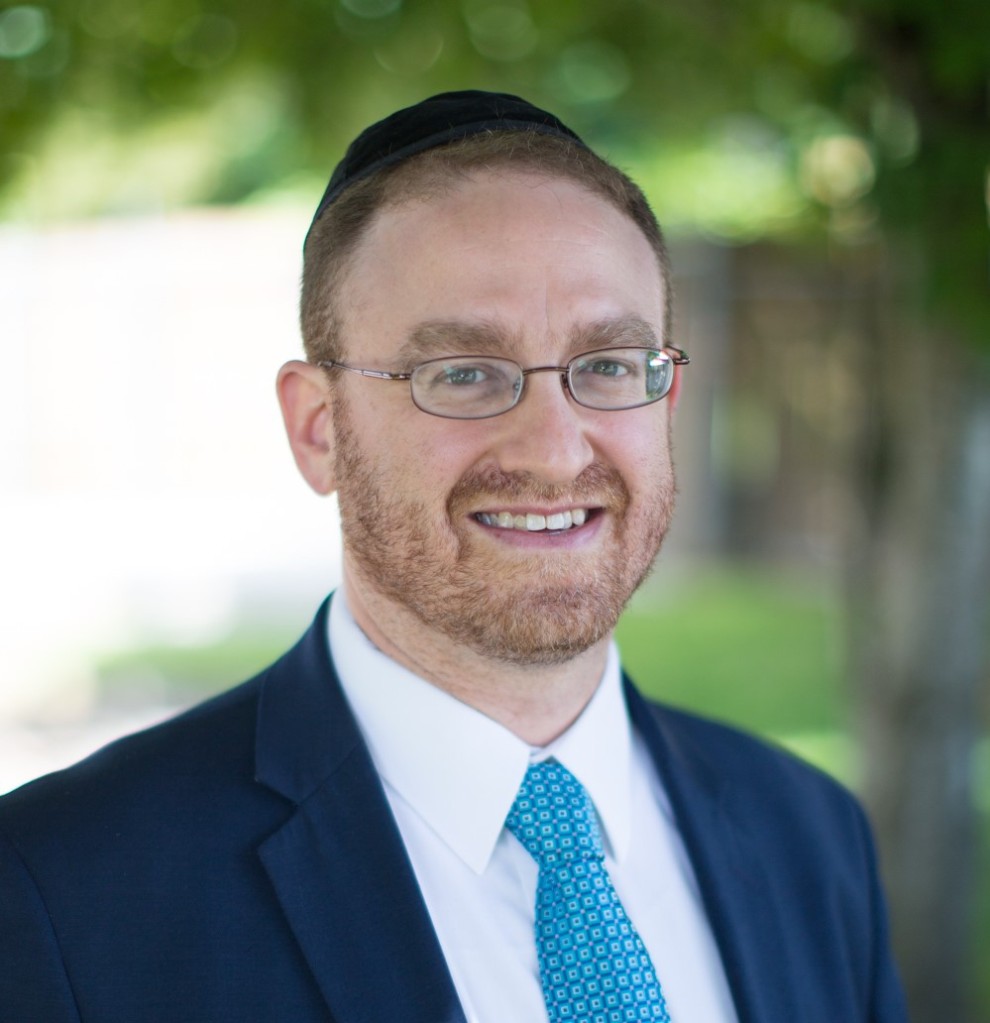
BY RABBI KEN BRODKIN
Divisions in our country have always run deep. In the wake of recent and concurrent crises, the lines of division have, amazingly, become even more pronounced. What is our calling in a society marked by division and rift?
American society tends to divide along multiple lines, from political affiliation and geographical region, to socio-economic backgrounds, race and religion. Perhaps beneath these apparent lines of division lies a more basic challenge: the way we speak to one another.
In the social media milieu, we have spun to a point where we cannot believe the other side is well intentioned, much less has anything of value to say.
Bamidbar (Numbers) is the section of Torah we read during summer months. It is about crisis. The Hebrew word Bamidbar literally means “in the wilderness.” Yet, the term Midbar (wilderness) is also related to the Hebrew word “Dibur” (speech).
Additionally, the letter Mem at the beginning of the word “Midbar” literally means “from,” but it implies coming from or being outside of a place. So upon reflection, the Hebrew word Midbar – wilderness – can be thought of as “without speech.”
Speech is the way we give meaningful expression to something. A wilderness is that desolate place where we lack the ability to find meaningful expression. When good words are lacking, crisis ensues.
During Bamidbar, many crises unfold. In each crisis – from Miriam and Aharon slandering Moshe, to the complaints of the spies or Korach – there is a deficit of good words. Each crisis festers in an environment of complaint, slander and ill will.
In the midst of the crises, Moshe looks toward a future time beyond his own leadership. Moshe turns to G-d and says, “HaShem, G-d of the spirits, appoint a man over the assembly in whom there is spirit.” Why did Moshe refer to the Almighty as “G-d of the spirits” in this prayer? What does it mean that a leader should have spirit within them?
In Jewish thought, Ruach or spirit is suggestive of both inner soul and speech. Moshe related to his Creator as the “God of spirits” who knows the soul of each person. Likewise, good leaders are people who can connect to that inner spirit of each person, especially through words. The leader moves people through empowering, inspiring words.
The prophet Isaiah foresaw a time when a great Messianic leader would rule with the “rod of his mouth.” The defining attribute that Scripture ascribes to the Messiah is the ability to speak words that bring people to righteousness and justice. Indeed, the psalmist declares “grace is poured upon his lips.”
A profound example of this from the modern era is Dr. Martin Luther King Jr., a man whose words stirred a generation. His words were poetic, even prophetic. He confronted the injustices that marred American society, but he did so with words of hope, promise and love.
How was King able to move a generation? He was not a president nor a governor. Yet, the words of this Atlanta pastor carried authentic moral authority. They conveyed the inner hope of America. He spoke of a future time when American society will be founded upon “the rock of brotherhood.”
Times of crisis and division are like a wilderness. In that desolate place, we need to seek the language of leadership. We need to listen deeply to the words of our fellow, and we must speak words of justice and righteousness.
Words of Shalom.
Ken Brodkin is the rabbi at Congregation Kesser Israel in Portland.

0Comments
Add Comment